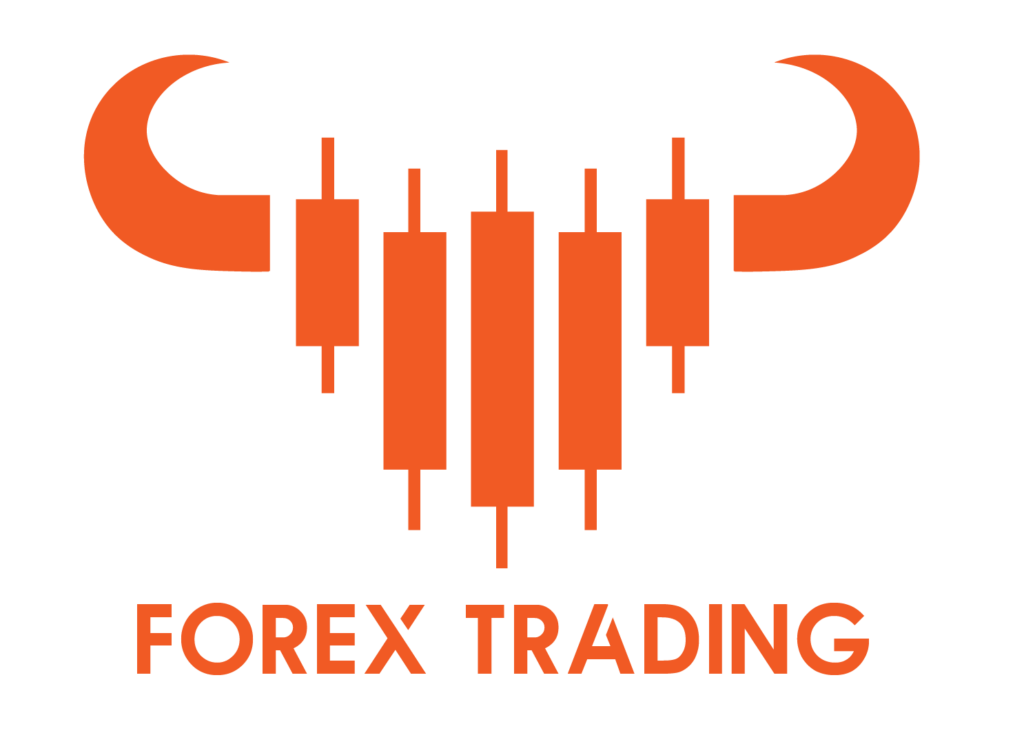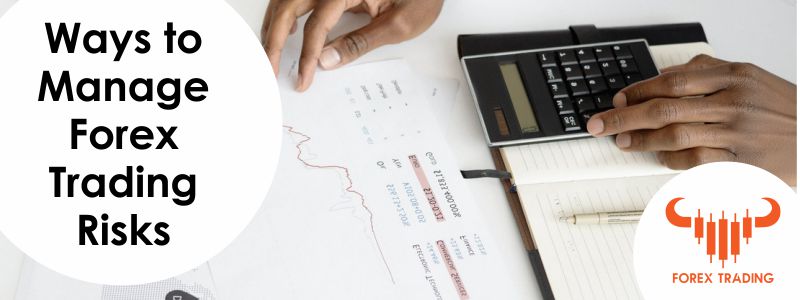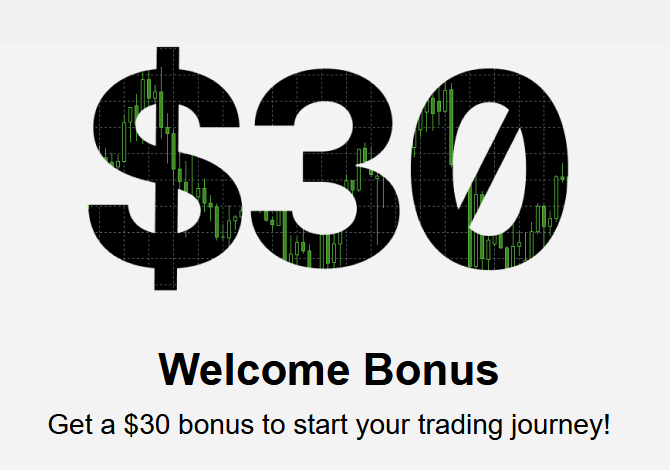Social media highlights the success of experienced Forex traders and the potentially massive gains of Forex trading, which encourages many new traders to join the market.
Forex trading requires a great deal of determination to succeed, a willingness to learn, the ability to manage your time and funds, and the implementation of a Forex Trading Strategy.
Some experienced Forex traders trust their intuition, while others believe that using Brokers and strictly implementing strategies and making calculated decisions, is essential to success.
Developers, Brokers and traders are collaborating to formulate strategies and design tools and applications that can be used to mitigate the risks associated with trading online in currency markets and to automate trading activities for user convenience.
Some of the major risks involved with Forex trading are Exchange Rate Risk, Risk of Ruin, Liquidity Risk, Credit Risk, Country Risk, Transactional Risk, Interest Rate Risk and the Marginal or Leverage Risk.
Your Forex Trading Strategy should include Risk Mitigation Strategies and you should develop a fundamental understanding of these 17 Ways to Manage Forex Trading Risks.
What are Currency Pairs and how do I use them?
Currency pairs are either positively or negatively correlated (linked) and recognizing these correlations in advance will give you an upper hand when trading.
Currencies are positively correlated when they move in the same direction and they will increase/decrease together. When currencies move in opposite directions individually, they are negatively correlated.
Brokers have many currency pairs to choose from, and often know which ones work together best to diversify your portfolio and make profitable investments.
How can I use correlations to my advantage?
- Do not limit yourself to one single currency because your portfolio will reflect the movements of that currency only, so avoid opening your positions using the same currencies every time
- Commodity currencies can be profitable if they are priced correctly and those commodities are in demand, but this depends on the exports of countries and may be overwhelming for some new traders
- Your positions should never cancel each other out. If your positions are negatively correlated, the increase of one currency or commodity cancels the decrease of the other
Before the risks in your portfolio can be diversified, you need to understand the correlations of Currency Pairs and Commodity pairs, and how their movements affect one another.
The concepts that are discussed below will answer some frequently asked questions about Forex trading and explore where risks may be encountered by Forex enthusiasts.
How can I allocate my budget to invest in Forex Trading?
Your goal should be to increase your income, not your expenses. Being a successful Forex trader requires patience, a Forex trading strategy and monthly budgeting.
Investments made into your Forex trading account should come from money you do not spend or save every month.
Your motivation to increase personal wealth could lead to using ineffective trading methods, which could result in unexpected losses.
It may be helpful to practice trading using a Forex demo account, with your allocated budgets and strategies, before you invest real money so that you can test whether your strategy will work.
How should I allocate my Trade capital?
Trading capital is the capital Forex traders budget every month to trade in currency markets. Most Forex traders are willing to sacrifice 1-2% of their total trade capital with every trade transaction they make.
Traders assess their Risk profiles and dedicate time to evaluating the implications of doing individual Forex transactions. Applying Forex trading methods strategically will create a stable trading portfolio, predictability of market trends and greater chances of success.
Is there a model I should follow for assessing risk and reward?
The Risk/Reward Ratio (RRR) is a method of increasing profitability and protecting your Forex trading capital by setting limits on your orders.
The distance between your entry points and stop-loss/take-profit orders is compared to determine the ratio you should be using. Most experienced traders recommend using 1:3 as a frame of reference (potential loss:potential earn)
To put this into context, imagine that you’ve invested in a currency pair (EUR/USD) and you expect to earn triple your potential loss. A ratio of 1:3 (50:150) would be used if the entry to Take-profit is 150pips and entry to stop-loss is 50pips.
Pros and Cons of Forex Trading
| ✔️Pros | ❌Cons |
| Knowledge of global markets and the world economy | Traders need to understand Economics |
| Awareness of Forex market activity and related news | New traders may be overwhelmed by the vast amount of information to be digested |
| An understanding of unpredictable fluctuations in prices | Short-term news may be misleading |
| The ability to predict long-term price movements in Forex markets | It may be challenging for new traders to enter markets, or for existing traders to exit without losses |
| Incredible potential for profit | Volatile price movements may result in losses for new traders |
When can I adjust my risk?
Many traders make the mistake of thinking that investing greater sums of money into currencies, will earn greater returns. The truth is, that a greater capital investment could result in an even greater loss.
Markets do not operate by the laws of human psychology and they are ruthless. The secret to trading successfully is not making big investments and earning profits on them immediately, but by investing lump sums of money over time and strategically navigating the market.
It is important to remember that profits may have been gained using your original strategy and risk assessment profile.
Overconfidence and sudden changes in strategy may harm your portfolio and your wallet, so avoid making changes without careful consideration of your decisions.
What is leverage and should I be using it?
Leverage is a type of lending system used in Forex trading. This gives ordinary traders with limited capital an opportunity to invest more money than they deposited initially.
Markets with high profitability levels usually attract traders who rely on leverage and Margin trading to make a profit. Brokers will keep a fraction of the order value as assurance in case the loan is not repaid or if a trade is unsuccessful.
What is a Stop Loss and should I be using it?
Forex markets are extremely unpredictable, which is why developers have created tools, such as Stop Losses, to automate processes that help traders to minimize losses and control their trading activities.
Your risk assessment profile should indicate what your limit is on trades and at what point you should open, wait or stop trading.
Most successful Forex traders believe firmly in using Stop losses because it allows them to automatically close trades before they exceed their preferred, risk-free limits.
Using Stop losses to manage your trades will stabilize your trading portfolio and mitigate the risks of great financial losses or sudden changes in market prices.
How do I know if my expectations are realistic?
Setting realistic expectations is the key to achieving any goal. If you want to be a successful Forex trader, you need to learn what works, understand why something didn’t and how you can improve your approach with the next trade.
Bigger risks require bigger investments, but they will not guarantee a bigger return. Applying the traditional methods and strategies of experienced Forex traders may be your best chance at avoiding financial losses you cannot recover from.
Sometimes, mitigating risks and avoiding losses is more important than investing generous amounts of money in hopes of making quick profits.
Forex markets change all the time and prices fluctuate hourly, so investing over long periods of time with controlled, budgeted amounts and defined trading goals, is a responsible approach to exploring these volatile currency markets.
Should I use take profits?
Another important tool to use when trading in Forex markets is Take profits. It can be used along with Stop losses to maintain the integrity of your Portfolio and trade within the constraints of your Risk assessment.
If you have a busy lifestyle or fear that you might be tempted to exceed your trading capacities, this feature can be used to close a trade and collect the profit once it reaches a certain amount.
Some traders believe that it is more profitable to manually close trades, but the risk is that you could suffer greater financial losses if you leave a trade open in anticipation of bigger profits.
So the recommended course of action is to predefine your trading goals in your risk assessment and base your profit and loss parameters on the profit you hope to obtain and the loss you are willing to accept.
Should I prepare for the worst?
Anything is possible when trading in Forex markets. No accurate predictions can be made, but strategies can be devised by assessing decisions made in the past and implementing measures to mitigate risks and manage funds in the future.
The availability of research, charts and transaction records provide insight into possible market behaviors. It is important to consider all scenarios when developing a strategy so that you’re prepared to deal with anything that may happen.
An understanding of the factors that determine the liquidity of assets and commodities is essential to navigating the market and trading responsibly, and research should be done extensively on any currency you plan to trade with.
What must I consider to sleep peacefully at night?
The second you start sacrificing your financial stability to invest in Forex markets, you begin to compromise your sanity and quality of life.
Under no circumstances should Forex trading place you in debt and deposits should always remain within the parameters of your budget allocations and risk assessments.
A trading portfolio cannot be built on the foundations of an empty wallet. You need to consider whether you can afford trading at all, before making any official investments that may jeopardize your financial freedom and reputation.
Your real-life responsibilities need to be taken into careful consideration because having long-term debts to pay for and families to support, may restrict your capacity to spend any money on trading currencies in the first place!
Many new Forex traders make reckless, ambitious investments in hopes of gaining large profits. But the truth is, entering the market and surviving the waves of price fluctuations over weeks at a time will be more rewarding in the long run, compared to jumping in head-first and expecting miracles.
Forex markets do not recognize “luck” as a success factor.
Can my emotions cause me to sabotage myself?
The only way to maintain your sanity when trading in Forex markets is to use a Forex Trading Strategy that works for you, but not using a strategy should not be an option.
Traders begin to panic when they realize that markets are behaving in unexpected ways and that they have invested funds without preparing for the worst or knowing how to respond to certain price movements.
Instead of worrying about what will happen next or beating yourself up about something that happened before, you might want to consider re-evaluating your approach to Forex trading so that you can understand how to make better decisions in the future.
Are there times when I shouldn’t be trading?
Most people would answer this by saying “When you’re sleeping”, but you can trade while you’re asleep by using APIs.
The real question is, should you be trading in volatile markets? There is no straight forward answer, but extreme fluctuations in prices may create extremely profitable trading opportunities.
With time, comes experience and expert traders understand the importance of doing diligent research on currencies and markets before making big moves.
The unpredictable and sudden price movements may be overwhelming for new traders who have no exposure to volatile markets, and they could potentially lose all their funds in a single trade.
How often should I be trading?
Unless your Forex trading strategy is based on capitalizing on small gains in large volumes, there is no reason to trade every minute or hour of every day.
Even if your initial deposit is high and trades seem promising, the cost of placing orders and doing transactions will inevitably exceed the cost of investing in currencies.
Over-active traders usually rely on Speculative trading, but there is no guarantee that this approach to Forex trading will yield profits over the long term.
On the contrary, the balance of your trading portfolio may be compromised if you trade on hunches and you will be exposed to greater risks with greater financial consequences.
How much training do I need?
Learning to trade in Forex markets and use trading tools, is like learning to draw or drive a car. It is a special kind of knowledge and understanding, that can only be gained by actively practising to trade, learning from trial and error and taking the time to research currencies and markets.
Unlike drawing, investing real money into a market without understanding how it works or what could happen, could result in immediately losing your deposit and your confidence.
Thankfully, brokers and most Forex platforms offer extensive educational resources, training material and tutorials to guide you on your journey to becoming a successful Forex trader.
The most responsible way to learn to trade is to use a demo account and trade under the supervision and guidance of experienced and licensed brokers.
Should I be watching what the big players are doing?
Many people learn from watching what the pros are doing. Since there is a very real monetary and emotional risk involved in Forex trading, learning from the mistakes of experienced traders can save you a lot of time, energy and money.
Pay close attention to updates in market news and dates of webinars, and commit to watching tutorials offered by expert traders, so that you can understand how they trade and why it’s done that way.
Choosing a few Forex traders that align with your trading goals and philosophies, will give you much-needed insight into how markets have changed over time, how trading tools can be used to empower and protect you, and what Forex trading strategies you can use to meet your specific targets.
Do I have to walk this road alone?
With over 9 million people across the globe investing in Forex trading, there is a huge community of people who interact either through trading in markets or interacting online through Q&A forums and comment threads.
It may even be helpful to encourage a friend or two to start trading with you. Millions of curious minds are seeking people with similar Forex trading goals or who may have encountered common challenges and seek the same answers they do.
Having a friend or colleague to trade with will also encourage you to discuss your ideas openly and honestly, and you can formulate combined Forex strategies or test different ones to see which approaches are most effective for specific goals.
Disclaimer
Remember, 75% of retail investors lose money when trading CFDs and there is a high risk of losing your capital in the forex markets.
The information on this website is in no way intended to be used as financial advice and opening an account with any broker is done at your own discretion and risk.
Table of Contents
Toggle




